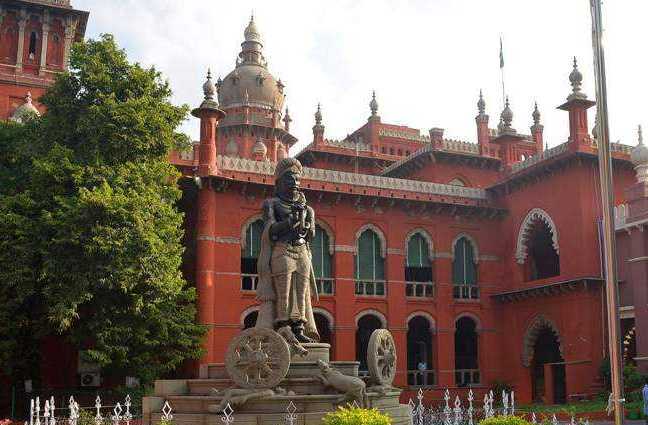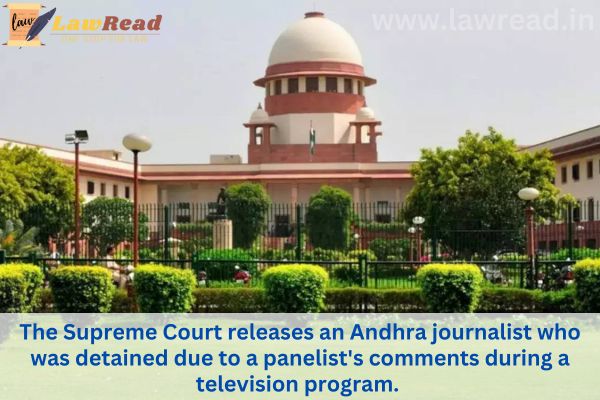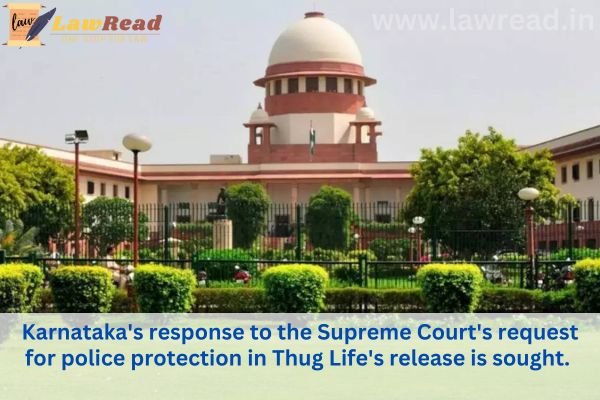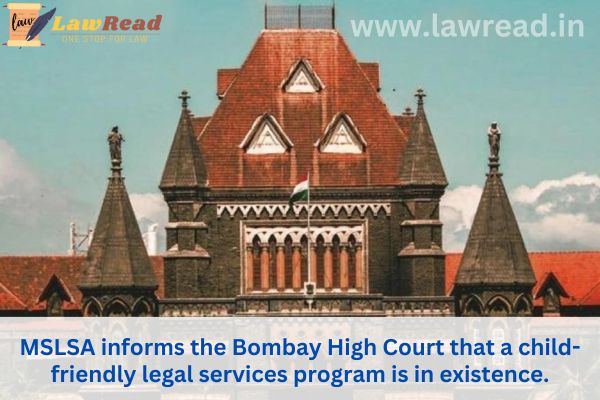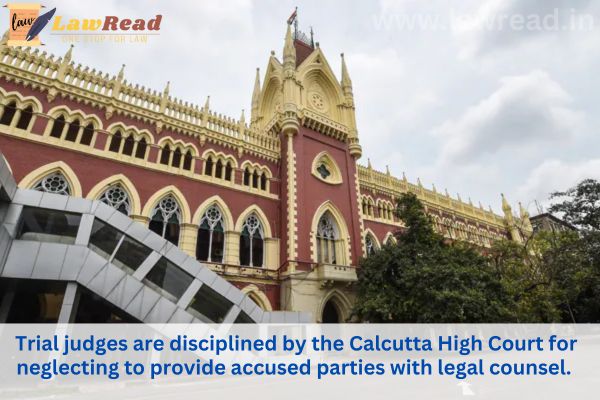News
At the Women Lawyers Forum Literary Club meeting, Delhi High Court judges talk about the importance of literature in advocacy.
The novels 'Desperately Seeking Shah Rukh' by Shrayana Bhattacharya and 'Liberty After Freedom' by attorney Rohan Alva were presented for discussion by Justices Jasmeet Singh and Tara Vitasta Ganju.
.jpg)
Judges Jasmeet Singh and Tara Vitasta Ganju of the Delhi High Court noted during the first book discussion organized by the Literary Club of the Delhi High Court Women Lawyers' Forum on Friday that reading literature might aid attorneys in their advocacy in court.
The judges were questioned about the value of reading for attorneys and the function of literature in advocacy during the event.
In my opinion, wit, humor, and presence of mind are crucial when it comes to lobbying. A well-read individual will always contribute to the discussion. It only occurs when you are exposed to literature," Justice Singh stated.
Additionally, he disclosed that he would rather read books in paperback than in digital avatars.
Justice Singh remarked, "I've tried reading on a Kindle, but I prefer the feel and scent of paper in a new book."
Justice Ganju went on to say that reading literature is crucial for lawyers not only to increase their vocabulary but also to unwind and broaden their perspectives.
"We are one-dimensional if we are only ever reading our files and documents. Reading books is a great way to increase your vocabulary. Read a book instead than staring at a screen. It is far more soothing. It allows your thoughts to roam," Justice Ganju remarked.
She also told the group about a memorable experience.
According to my father, your screen encloses you entirely, preventing your thoughts from wandering. The precise opposite is true of a book. Reading causes your thoughts to wander. You are visualizing the events that take place in the book. She clarified that reading is crucial for mental development.
The book Desperately Seeking Shah Rukh: India's Lonely Young Women and the Search for Intimacy and Independence, written by Shrayana Bhattacharya, was sent to Justice Jasmeet Singh for assessment.
Advocate Rohan Alva's book Liberty After Freedom: A History of Article 21, Due Process, and the Constitution of India was given to Justice Tara Vitasta Ganju to read and comment on.
Justice Singh revealed that last weekend, while traveling to Coorg, he had read the book.
"I was unaware that there was a Shah Rukh fan club and that Shah Rukh Khan is regarded as such a romantic," he said.
Justice Singh examined the novel's narrative and conducted a character analysis.
All of the characters have one thing in common: they want someone to love them and understand them. The fact that the book's female protagonists, who are intelligent, independent, and outspoken, are nevertheless unable to find love in their lives is something I cannot understand. I had assumed the opposite was true. Justice Singh cried out.
Justice Ganju discussed her opinions of the book Liberty After Freedom by Rohan Alva.
The book follows Article 21's limited interpretation. It implies that liberty and freedom are not synonymous. One can continue struggle with the issue of personal liberty even after being freed from foreign tyranny. It outlines the step-by-step, case-by-case development of Article 21. It invites us to consider how much reinterpretation is excessive. The book also compels us to consider the topic of what occurs when judges, rather than legislators, define rights. She watched.
At the meeting, the writers were also invited to discuss their books.
Among the dignitaries in attendance were Senior Advocate N Hariharan, the president of the Delhi High Court Bar Association, and Senior Advocate Sacchin Puri, the vice president.
The forum intends to hold book discussions once a month.

